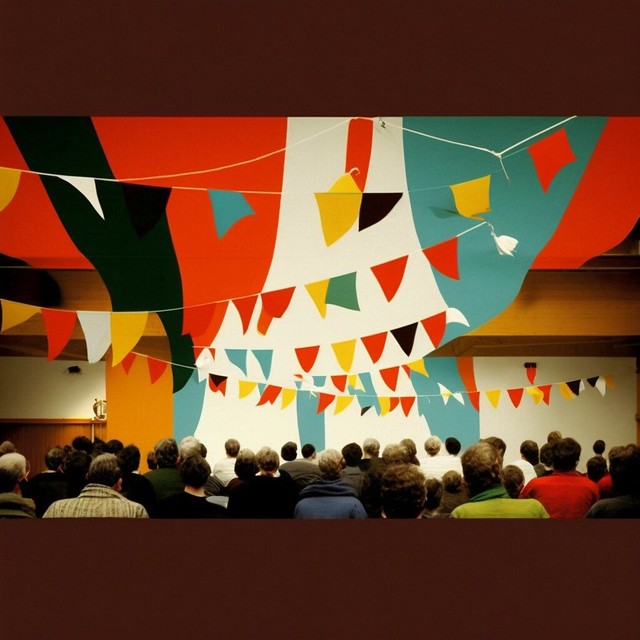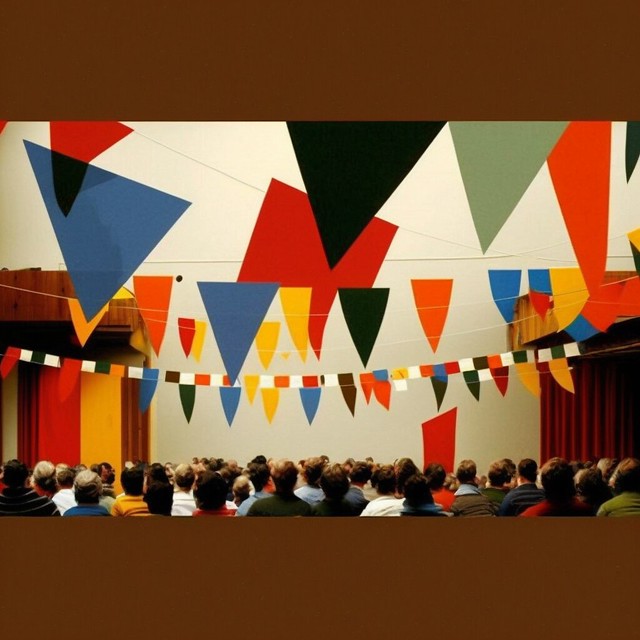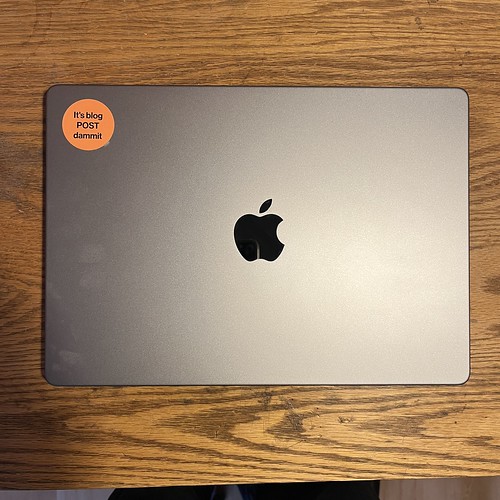A kind correspondent read my post about Do Interesting and thought I might be interested in Atul Gawande's 2005 Commencement Address to the Harvard Medical School. She's right. It's fantastic.
Here's his Rule 3:
"Count something. No matter what you ultimately do in medicine— whether you go into purely clinical practice or work in research or business and never touch a patient again—a doctor should be a scientist in his or her world.
In the simplest terms, this means that we should count something. The laboratory researcher may count the number of tumor cell lines with a particular gene defect. Likewise, the clinician might count the number of patients who develop a particular complication—or even just how many are seen on time and how many were made to wait. It doesn’t really matter what you count. You don’t need a research grant. The only requirement is that what you count should be interesting to you.
When I was a resident I began counting how often one of our patients had something forgotten inside them after surgery—either a sponge or an instrument. It wasn’t very frequently: about one in 15,000 operations. But they could be badly injured. One patient had a 13 inch retractor left in him and it tore into his bowel and bladder. Another had a small sponge left in his brain, which caused an abscess and a permanent seizure disorder.
Then I counted how often such cases happened because the nurses hadn’t counted all the sponges like they were supposed to, or because the doctors ignored nurses’ warnings that something was missing. It turned out to be hardly ever. I got a little more sophisticated and compared patients who had stuff left inside them with ones who didn’t. It turned out that the mishaps predominantly occurred in patients with emergency operations or operations in which something unexpected was encountered—like a cancer when one expected appendicitis. Things began to make sense. If nurses have to track fifty sponges and a couple hundred instruments during an operation, already a tricky thing to do, it is understandably much harder under emergency circumstances, or when unexpected changes require bringing in lots more equipment. Punishing people more therefore wasn’t going to eliminate the problem. Only a technological solution would—perhaps a way of scanning for sponges and instruments in everyone.
If you count something interesting to you, I tell you: you will find something interesting."
And here's Rule 4:
"Write something. It makes no difference whether you write a paper for a medical journal, five paragraphs for a website, or a collection of poetry. Try to put your name in print at least once a year. What you write does not need to achieve perfection. It only needs to add some small observation about our world. One should not underestimate the effect of one’s contributions.
The physician and poet Lewis Thomas once pointed out, “The invention of a mechanism for the systematic publication of fragments of scientific work may well have been the key event in the history of modern science.” For by soliciting modest contributions from the many, it has produced a store of collective know-how with far greater power than any one individual could have achieved.
I think this is as true outside science as inside.
One should also not underestimate the power of the act of writing itself. I did not write until I became a doctor. But once I became a doctor, I found I needed to write. Medicine is retail. We provide our services to one person at a time, one after another. It is a grind. For all its complexity, it is more physically than intellectually taxing. But writing let me step back, engage as something more than a retailer, and think through a problem. Even the angriest rant forces the writer to achieve a degree of thoughtfulness.
Furthermore, by putting your writing out to an audience, even a small one, you connect yourself to something larger than yourself.
The first thing I ever published was a diary in an online magazine of five days as a surgical resident. I remember that feeling of having it come out in print. One is proud but also nervous. Will people notice it? What will they think? Did I say something dumb? An audience is a community. The published word is a declaration of membership in that community, and also of concern to contribute something meaningful to it.
So choose your audience. Then write something."


